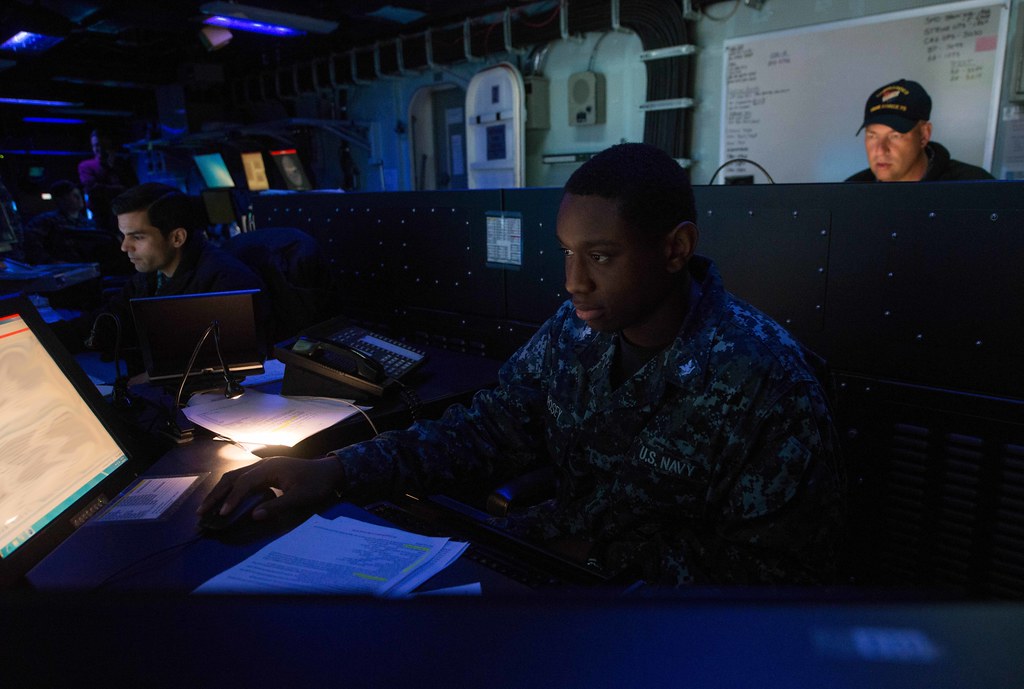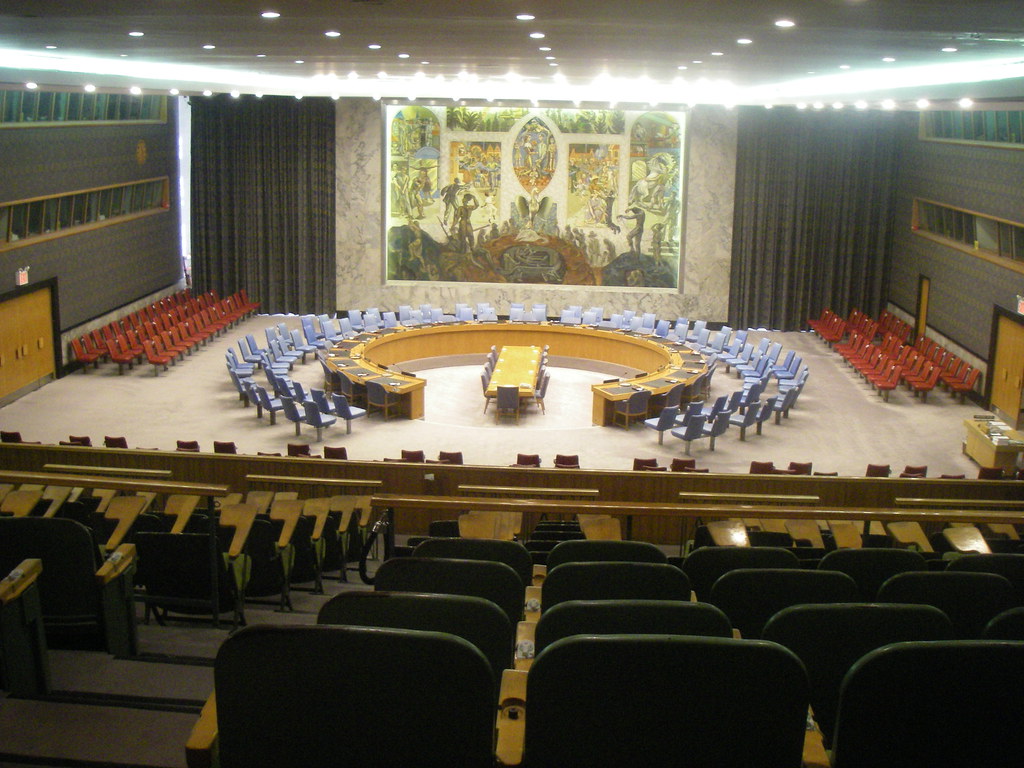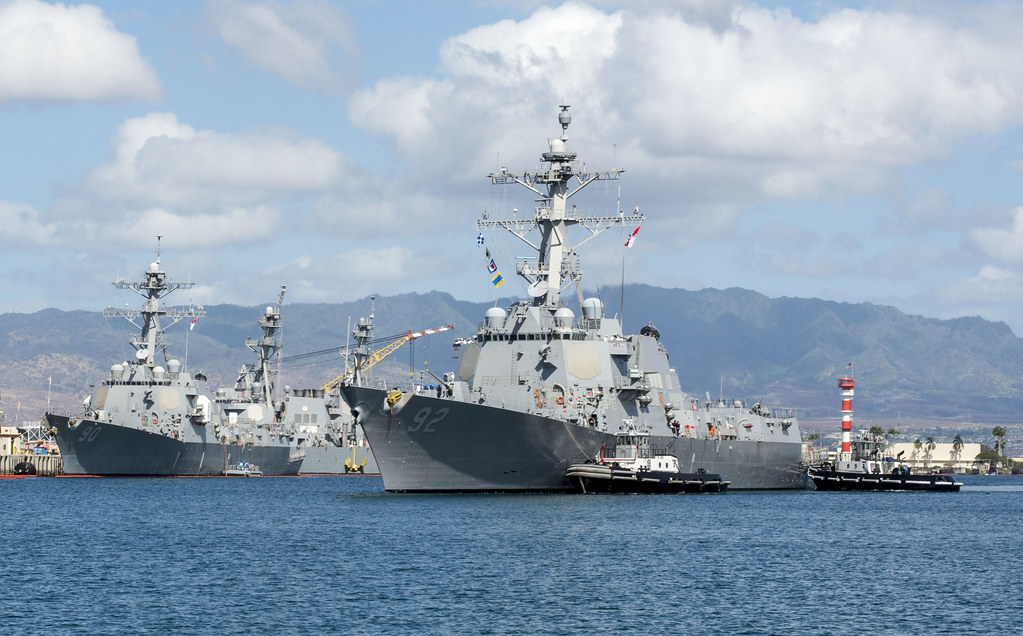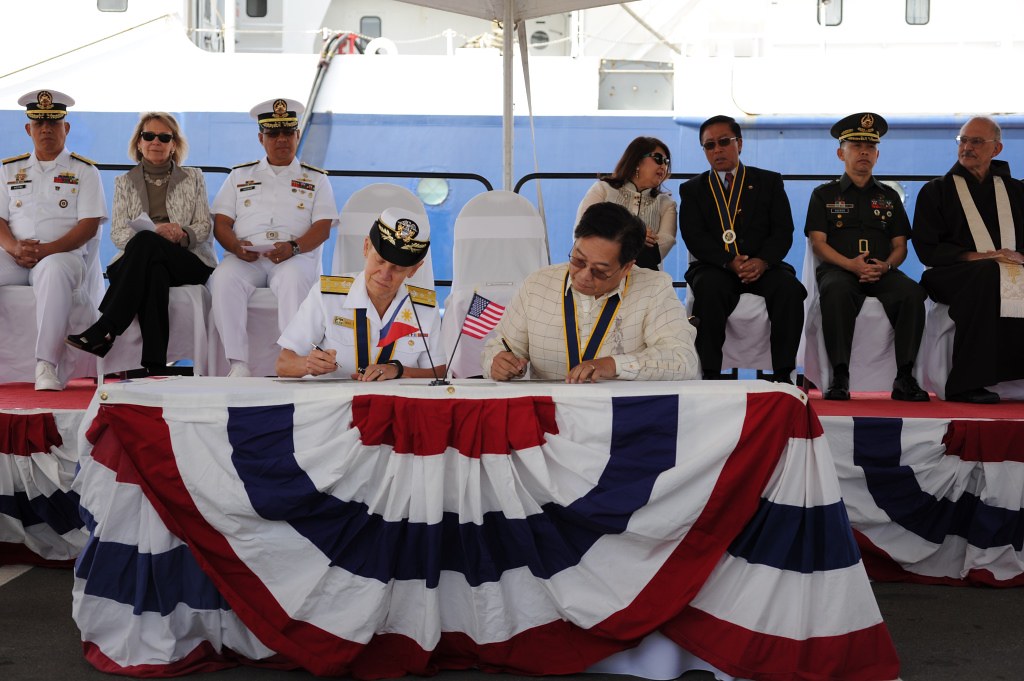Australian Defence Force personnel have completed the annual Exercise Bersama Shield in Malaysia, Singapore and the South China Sea.
The multilateral training activity is part of a long-running series of exercises aimed at enhancing the interoperability of the Five Power Defence Arrangements (FPDA) members – Australia, Malaysia, Singapore, New Zealand and the United Kingdom.
Commander of the Australian Contingent, Wing Commander Paul Webb said the exercise was very rewarding.
“Exercise Bersama Shield 16 tested the ability of FPDA nations to work together to complete missions and objectives, and they’ve done that very well,” he said.
“Through this cooperation, we’ve built on existing friendships and strengthened our habits of collaboration. We look forward to continuing the relationship with our FPDA partners during Exercise Bersama Lima later this year.”






























